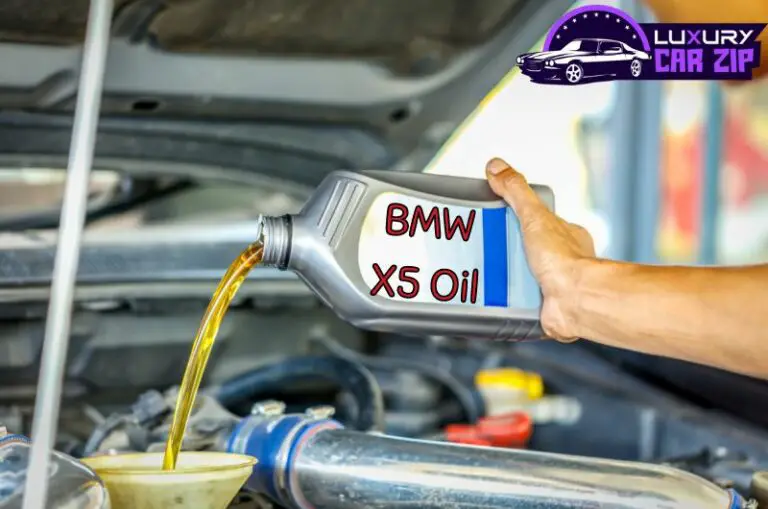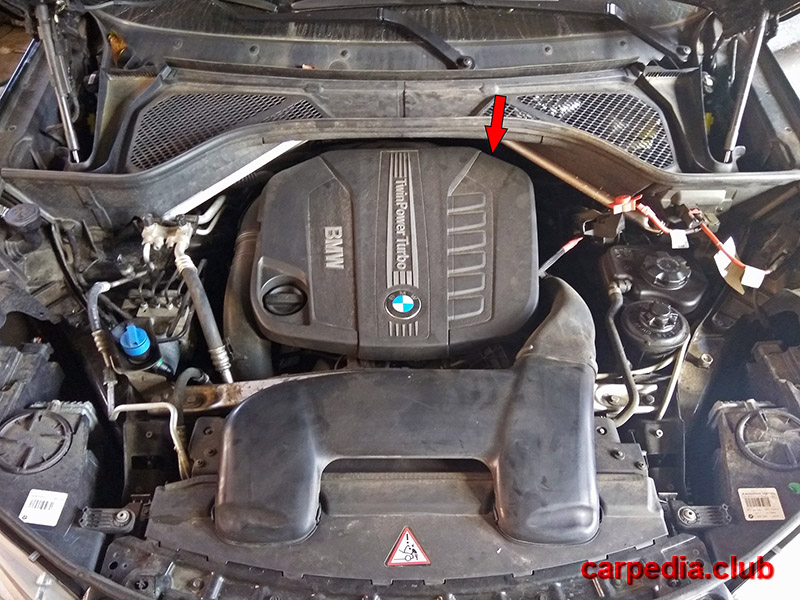
Navigating the Engine: A Comprehensive Guide to 2025 BMW X5 Oil Capacity
The 2025 BMW X5, a luxurious SUV renowned for its performance and versatility, boasts a range of powerful engine options. Understanding the oil capacity of these engines is crucial for maintaining optimal performance and longevity. This comprehensive guide delves into the oil capacity specifications for each engine variant, providing valuable insights for owners and potential buyers.
Engine Options and Their Oil Capacities:
The 2025 BMW X5 offers a variety of engine choices, each with its unique characteristics and oil capacity requirements:
1. BMW xDrive40i:
- Engine: 3.0L Inline-6 Turbocharged
- Horsepower: 375 hp
- Torque: 383 lb-ft
- Oil Capacity: 6.5 quarts (6.1 liters)
The xDrive40i, the base engine option, delivers a balance of power and efficiency. Its 3.0L inline-six turbocharged engine, renowned for its smooth operation and responsive acceleration, requires 6.5 quarts (6.1 liters) of oil.
2. BMW xDrive45e:
- Engine: 3.0L Inline-6 Turbocharged + Electric Motor
- Horsepower: 389 hp (combined)
- Torque: 443 lb-ft (combined)
- Oil Capacity: 6.5 quarts (6.1 liters)
The xDrive45e is a plug-in hybrid variant, offering a blend of performance and fuel efficiency. While it incorporates an electric motor, the gasoline engine still requires 6.5 quarts (6.1 liters) of oil.
3. BMW xDrive50i:
- Engine: 4.4L V8 Twin-Turbocharged
- Horsepower: 523 hp
- Torque: 553 lb-ft
- Oil Capacity: 7.5 quarts (7.1 liters)
The xDrive50i, with its powerful V8 engine, delivers exhilarating performance. Its larger engine capacity necessitates a higher oil volume, requiring 7.5 quarts (7.1 liters) of oil.
4. BMW M60i:
- Engine: 4.4L V8 Twin-Turbocharged (M Performance)
- Horsepower: 523 hp
- Torque: 553 lb-ft
- Oil Capacity: 7.5 quarts (7.1 liters)
The M60i, a high-performance variant, shares the same engine as the xDrive50i but features enhanced tuning and performance upgrades. Its oil capacity remains at 7.5 quarts (7.1 liters).
5. BMW M Performance xDrive:
- Engine: 4.4L V8 Twin-Turbocharged (M Performance)
- Horsepower: 617 hp
- Torque: 553 lb-ft
- Oil Capacity: 7.5 quarts (7.1 liters)
The top-of-the-line M Performance xDrive variant boasts the most powerful engine option, delivering a thrilling driving experience. Like the M60i, it uses the same 4.4L V8 engine and requires 7.5 quarts (7.1 liters) of oil.
Understanding Oil Capacity and its Importance:
Oil capacity refers to the amount of engine oil required to lubricate all moving parts within the engine. This capacity is crucial for several reasons:
- Lubrication: Engine oil acts as a lubricant, reducing friction between moving parts and preventing wear and tear.
- Cooling: Oil absorbs heat generated during combustion, preventing overheating.
- Cleaning: Oil carries away debris and contaminants, keeping the engine clean.
- Protection: Oil forms a protective film on engine parts, preventing corrosion and rust.
Factors Influencing Oil Capacity:
Several factors can influence the oil capacity of an engine:
- Engine Size: Larger engines typically have a higher oil capacity due to their increased number of moving parts.
- Engine Design: The specific design of the engine, including the number of cylinders and their arrangement, can affect oil capacity.
- Oil Filter Size: The size of the oil filter can influence the overall oil capacity.
- Oil Pan Design: The shape and capacity of the oil pan determine the amount of oil it can hold.
Recommended Oil Type and Viscosity:
BMW recommends using fully synthetic engine oil meeting the specifications outlined in the owner’s manual. The specific oil viscosity may vary depending on the engine and climate conditions. Consult the owner’s manual for detailed recommendations.
Consequences of Insufficient Oil:
Insufficient oil levels can have severe consequences for your engine:
- Increased Wear and Tear: Insufficient lubrication leads to excessive friction, causing premature wear and tear on engine components.
- Overheating: Without adequate oil to absorb heat, the engine can overheat, leading to engine damage.
- Engine Failure: Severe oil depletion can result in catastrophic engine failure, requiring costly repairs.
Maintaining Optimal Oil Levels:
Regular oil level checks are crucial for maintaining engine health. Follow these steps:
- Park the vehicle on a level surface.
- Allow the engine to cool down completely.
- Locate the dipstick, usually on the right side of the engine.
- Remove the dipstick and wipe it clean.
- Insert the dipstick fully and remove it again.
- Check the oil level against the markings on the dipstick.
Top-Off vs. Oil Change:
If the oil level is low, add the appropriate type and quantity of oil to bring it up to the "Full" mark on the dipstick. However, if the oil level is consistently low or the oil appears dirty or discolored, it’s time for an oil change.
Oil Change Frequency:
BMW recommends an oil change interval of 7,500 miles or every six months, whichever comes first. However, the actual interval may vary depending on driving conditions and oil quality. Consult the owner’s manual for specific recommendations.
Conclusion:
Understanding the oil capacity of your 2025 BMW X5 is essential for maintaining optimal engine performance and longevity. By adhering to the recommended oil type, viscosity, and change intervals, you can ensure that your engine is properly lubricated and protected. Regular oil level checks are crucial for preventing damage caused by insufficient oil levels. By following these guidelines, you can enjoy the thrilling performance and reliability that the 2025 BMW X5 is renowned for.


![[2003-2024] BMW X5 Oil Capacity and Oil Type - Oils Advisor](https://oilsadvisor.com/wp-content/uploads/2021/11/BMW-x5-oil-type-oi-capacity.jpg)




![[2003-2022] BMW X5 Oil Type & Oil Capacity - Oils Advisor](https://oilsadvisor.com/wp-content/uploads/2021/11/bmw-x5-oil-type.jpg)